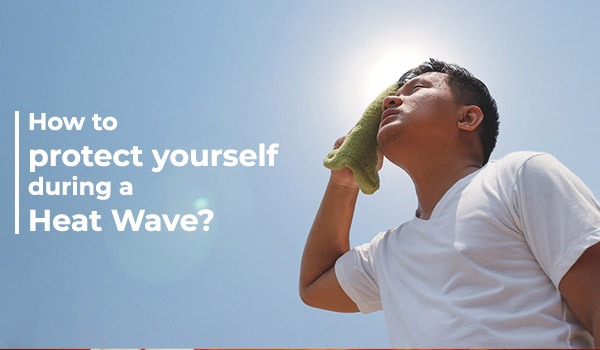How To Protect Yourself During A Heat Wave?
May 05, 2022
According to WMO, heat waves occur in a region when abnormally high temperatures are recorded over a long period of time. These high temperatures do not only refer to maximum temperature typically recorded during the day, but also those staying high enough overnight, making the environment highly uncomfortable. High levels of humidity and very light winds, if present, exacerbate thermal stress to people.
10 Tips for Surviving a Heat Wave While It’s Happening: -
1. Stay hydrated with plenty of water—even if you’re not thirsty. Hot weather causes you to sweat, and it’s vital to replenish the lost fluids or you’ll overheat. Have a water bottle within reach as you go about your day to avoid dehydration.
2. Never leave children or pets alone in hot vehicles—even for a second. Keep your pets indoors and make sure they have access to a cool space and plenty of water.
3.Stay inside during the hottest part of the day (10 A.M to 4 P.M.) and limit time outside in the Sun. Avoid strenuous activity and postpone outdoor games and events.
4. When you're outdoors, make sure you stay out of direct sunlight as much as possible. Wear a hat or even carry an umbrella. Wear sunscreen!
5. Set your air conditioners to a lower temperature and use curtains or blinds to keep direct sunlight out. If A/C is not available, stay indoors on the lowest floor in a well-ventilated area with fans. Keep shades and blinds closed. If you don’t have air conditioners, place a tray or dish of ice in front of a fan and it’ll help to cool your room quickly.
6. Don’t drink alcohol, sugary soda, coffee, energy drinks, or other caffeinated beverages, as they dehydrate you! That’s the last thing you need during a heat wave.
7. Eat small meals and eat more often. Eat food with nutrients (not empty carbs) and also food with higher water content (fruits and vegetables).
8. Wear light, loose-fitting, airy, light-colored clothing and a hat made of breathable material. Tight clothing traps heat.
9. Check on family and friends who are older or more susceptible or someone you know is experiencing heat-related issues (rapid heartbeat, dizziness, fainting, headaches, muscle cramps, vomiting, diarrhea), call your doctor.
10. If you feel overheated, cool off with wet washcloths on your wrists and neck or take a cool sponge bath or shower. Carry a cold water bottle spray or cooling facial mist with you, and spritz cold water on your pressure points to bring your body temperature down.
Recent Post

BlueMedix: Your One-Stop Solution for Medicines and Medical Services all under one roof

WINTERS NEED SPECIAL CARE!
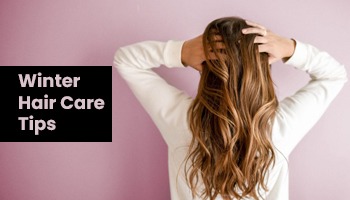
Winter Hair Care Tips
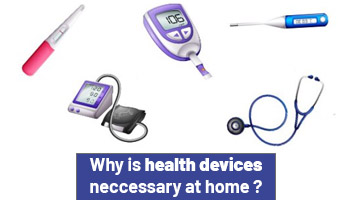
Why is health devices necessary at home?
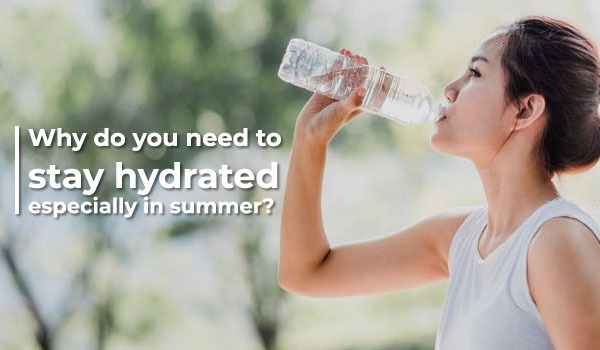
Why do you need to stay hydrated especially in summer?

Trouble Falling Asleep! Are You An Insomniac?
The Leading Opportunity
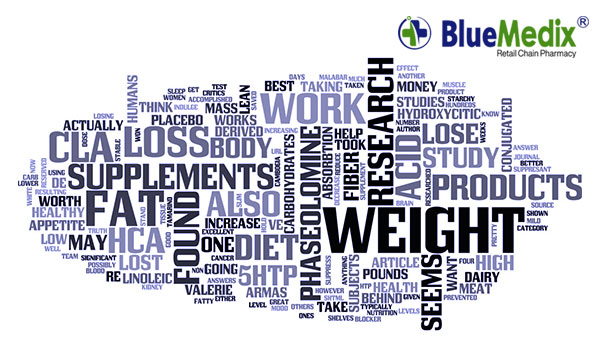
Supplements for weight loss: Do they really work & are they safe to use?
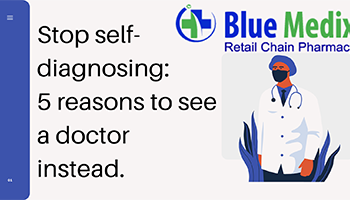
Stop self-diagnosing: 5 reasons to see a doctor instead.
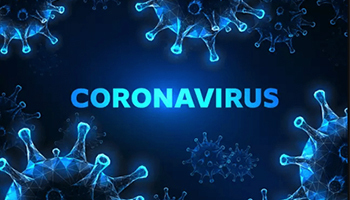
STATEWISE UPDATES ON THE NEW VARIANT

